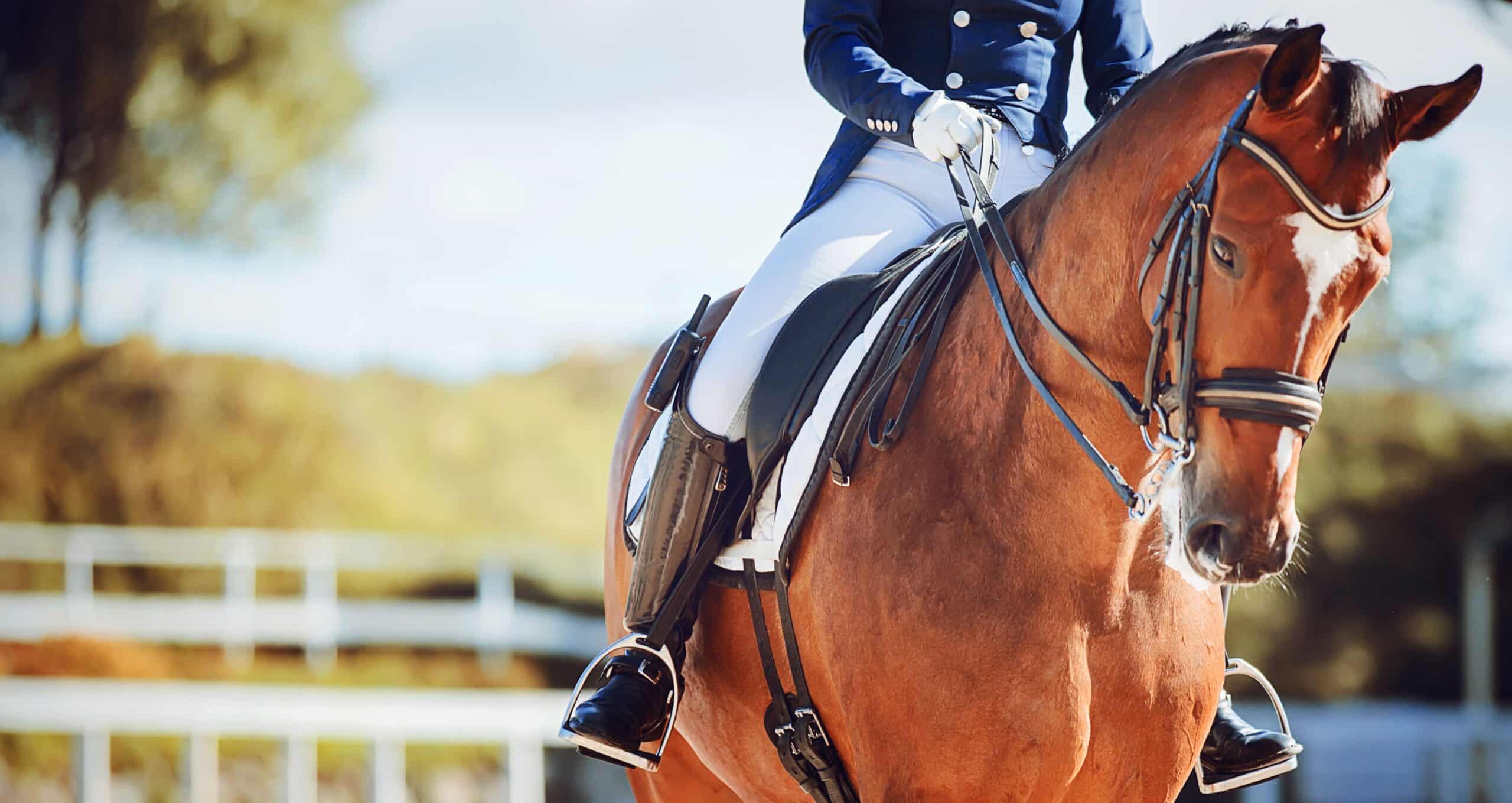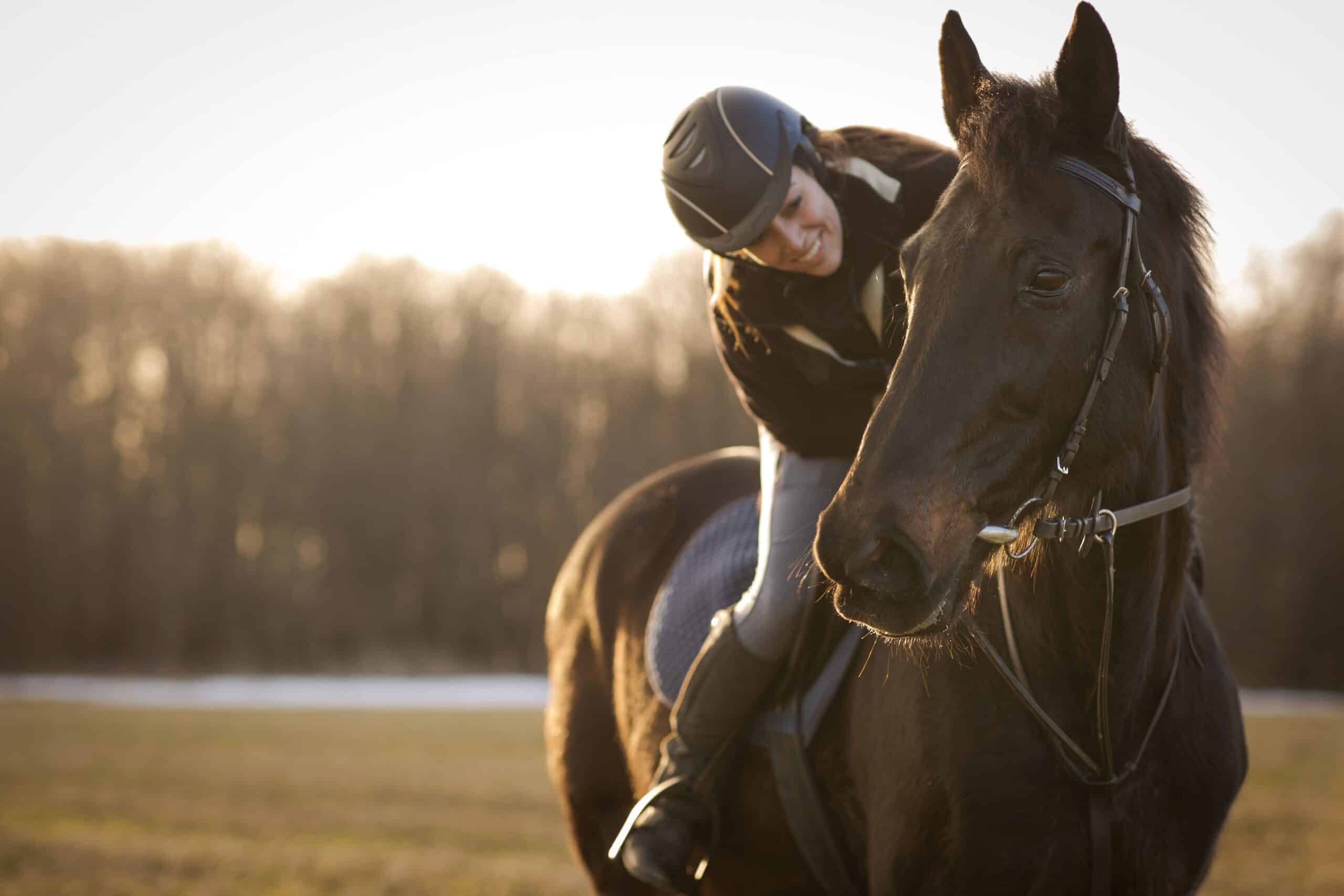Equitation horses for sale are not just a transaction; they represent a pathway to fulfilling your riding dreams. However, finding the right horse requires understanding your needs and the horse’s suitability. In this blog, you’ll discover how to evaluate potential horses and make the best decision for a joyful and long-lasting partnership.
Why Choosing the Right Horse Matters
When buying an equitation horse, it’s more than just aesthetics or price tags. The wrong choice can lead to frustration, higher costs, and even safety issues. A horse for equitation must align with your goals, skill level, and riding discipline, ensuring a balance of enjoyment and challenge.
Imagine investing in a horse only to find its temperament doesn’t suit your needs. This article will help you avoid that mistake.
What to Look for in an Equitation Horse
- Temperament and Personality
- A good equitation horse is calm, trainable, and responsive.
- It should adapt to your level of expertise, offering challenges while maintaining safety.
- Physical Attributes
- Size: Match the horse’s height and build to your stature.
- Fitness: Look for signs of good health—clear eyes, a shiny coat, and strong hooves. For those exploring equitation horses for sale, pay special attention to leg strength and overall athleticism, as these traits are crucial for performance.
- Training Level
- For beginners, choose a horse that’s already trained for equitation.
- Advanced riders might prefer a horse with potential for further training.
- Health History
- Always review the horse’s veterinary records to ensure it is free from chronic health issues.
The Buying Process: Step by Step

- Research Reputable Sellers
- Start with trusted breeders, trainers, or equitation centers.
- Ask for recommendations or look for online reviews.
- Inspect and Ride
- Visit the horse in person. Assess its demeanor during groundwork and riding.
- Ride the horse in various gaits to understand its movement and responsiveness.
- Hire an Expert
- Bring along a trainer or equine professional for a second opinion.
- Their experience can uncover potential issues or benefits you might overlook.
- Negotiate and Vet Check
- Always conduct a pre-purchase exam with a licensed veterinarian.
- Negotiate a fair price based on the horse’s attributes and condition.
This checklist ensures a systematic approach, reducing risks and increasing the likelihood of finding the perfect equitation horse for your needs:
| ✅ | Step | Details |
| 🔍 | Define Your Goals | Identify your riding discipline, skill level, and what you want to achieve with your horse. |
| 📏 | Consider Physical Attributes | Ensure the horse’s size, build, and fitness match your needs. |
| 😌 | Evaluate Temperament | Look for a calm, responsive, and trainable personality suited to your experience level. |
| 🎓 | Check Training Level | Determine whether the horse is appropriately trained for equitation or requires further development. |
| 🩺 | Review Health Records | Request veterinary records and ensure the horse is free from chronic conditions or injuries. |
| 🐾 | Inspect and Test Ride | Observe the horse’s behavior on the ground and in the saddle during all gaits. |
| 💼 | Bring an Expert | Consult a trainer or equine professional for an unbiased evaluation. |
| 🩻 | Conduct a Pre-Purchase Exam | Hire a vet to assess the horse’s overall health and soundness. |
| 🤝 | Negotiate the Price | Base your offer on the horse’s attributes, training, and health. |
| 📜 | Finalize the Purchase | Ensure proper documentation, including a bill of sale and transfer of ownership. |
Red Flags to Watch Out For
- Inconsistent Behavior: A horse that seems overly nervous or aggressive may not be suitable.
- Health Concerns: Limping, breathing issues, or abnormal posture are indicators of deeper problems.
- Pushy Sellers: Avoid sellers pressuring you into a quick purchase without thorough checks.
The Joy of Owning the Right Horse
Once you’ve found the perfect equitation horse, the rewards are immense. You’ll have a partner who grows with you, supports your goals, and provides countless hours of joy. Proper training, regular vet visits, and attention to the horse’s needs ensure a fulfilling relationship for years to come.
Making Every Ride Count

Choosing the perfect horse is as much about preparation as it is about connection. By considering temperament, training, and health while following a structured buying process, you’ll set yourself up for success. Remember, the best equitation horse isn’t just about its capabilities—it’s about the bond you create and the goals you achieve together.
Bildnachweis: benevolente, Valeri Vatel, lightpoet, Adobe Stock

